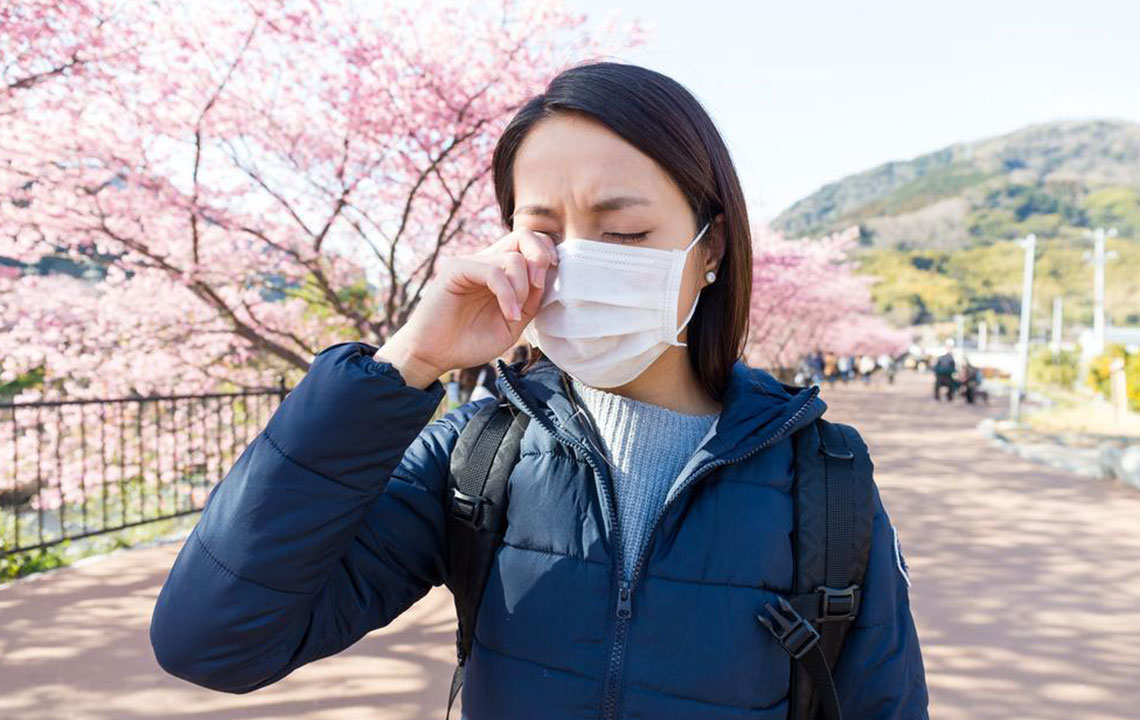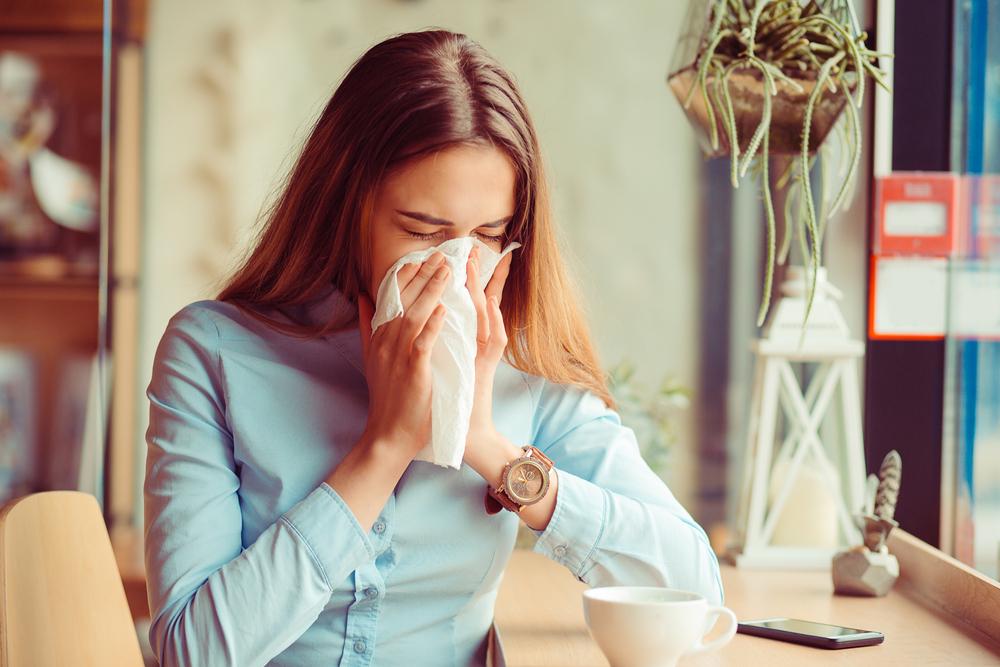Comprehensive Guide to Managing Allergy-Induced Persistent Coughs
This comprehensive guide explores the causes, diagnosis, and effective treatments for allergy-induced persistent coughs. Learn how to identify triggers, implement environmental controls, and seek personalized medical care to alleviate symptoms and improve respiratory health.

Effective Strategies and Treatments for Dealing with Coughs Caused by Allergies
Persistent coughing is a common issue that can significantly impact daily life, and while many associate it with seasonal colds or influenza, allergies are often an overlooked origin. Allergic reactions can trigger persistent coughs similar to those caused by infections but require different management approaches. Understanding the root causes and implementing appropriate strategies can provide relief and prevent further complications.
Allergy-related coughs occur when the immune system overreacts to environmental triggers such as pollen, pet dander, mold, dust mites, or air pollution. These substances cause inflammation in the respiratory tract, leading to coughing, throat irritation, and nasal congestion. Recognizing the symptoms is key to differentiating allergy-induced coughs from those caused by infections or other respiratory conditions.
Proper diagnosis by healthcare professionals involves allergen testing and detailed medical history. Once identified, targeted treatments such as antihistamines, decongestants, nasal corticosteroids, and immune therapy can effectively reduce allergic responses. In addition, lifestyle changes play a vital role in managing symptoms. Regular cleaning to reduce dust and pet dander, using air purifiers, and avoiding known allergens can significantly lessen exposure.
Environmental modifications are crucial for managing allergy symptoms. Maintaining a clean living space by vacuuming with HEPA filters, washing bedding frequently, and keeping humidity levels low helps prevent mold growth and dust accumulation. Wearing masks during cleaning or outdoor activities during high pollen seasons can also mitigate allergen inhalation.
For individuals with asthma or bronchitis, allergies can exacerbate existing respiratory issues. It is important for such patients to work closely with healthcare providers to develop comprehensive management plans. This might include inhalers, allergy shots, and regular monitoring to prevent flare-ups.
Emerging therapies like biologics are showing promise in treating severe allergic conditions, offering relief where traditional medications may fall short. Patients are advised to consult pulmonologists and allergists to explore personalized treatment options.
Maintaining a healthy lifestyle, including proper hydration, balanced nutrition, and avoiding smoking, supports overall respiratory health and enhances the effectiveness of allergy treatments. Additionally, monitoring pollen forecasts and allergen levels can help in planning outdoor activities and reducing exposure during peak seasons.
Understanding the triggers, symptoms, and effective management strategies for allergy-induced coughs empowers individuals to take control of their health. Early intervention and ongoing care lead to better outcomes, ensuring that allergy symptoms do not interfere with daily routines and quality of life.





